What I Wish I’d learned in Dental School
Dental school prepares new dentists for many challenges ahead, but there are still plenty of important lessons to learn on the job.
LuckyStep / stock.adobe.com
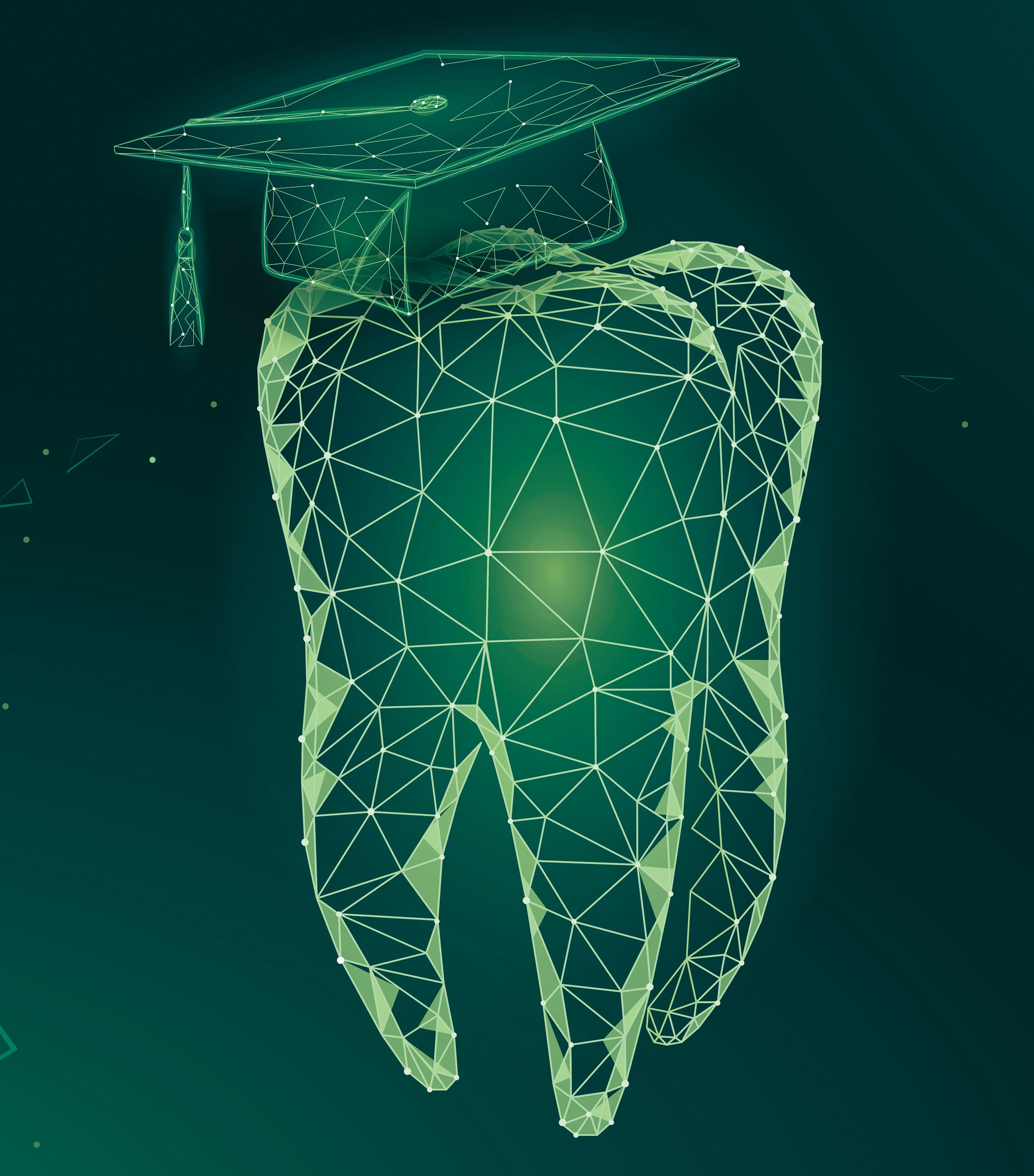
Dental schools across the country constantly work to keep their curricula up-to-date and comprehensive enough to prepare students for successful careers. That training includes plenty of science and clinical experience, but not every new dentist leaves school with a deep knowledge of everything they need to master to find professional success.
We asked dentists from across the industry to share some of the lessons they had to learn on their own after completing dental school. Although every dentists’ story is unique, a common theme is the lack of formal education on running the business side of the dental practice.
Read on to find out what some of your colleagues wish they had learned in school.
Missing Out on 10 Steps
Jonathan Rudin, DDS, MS, MPH
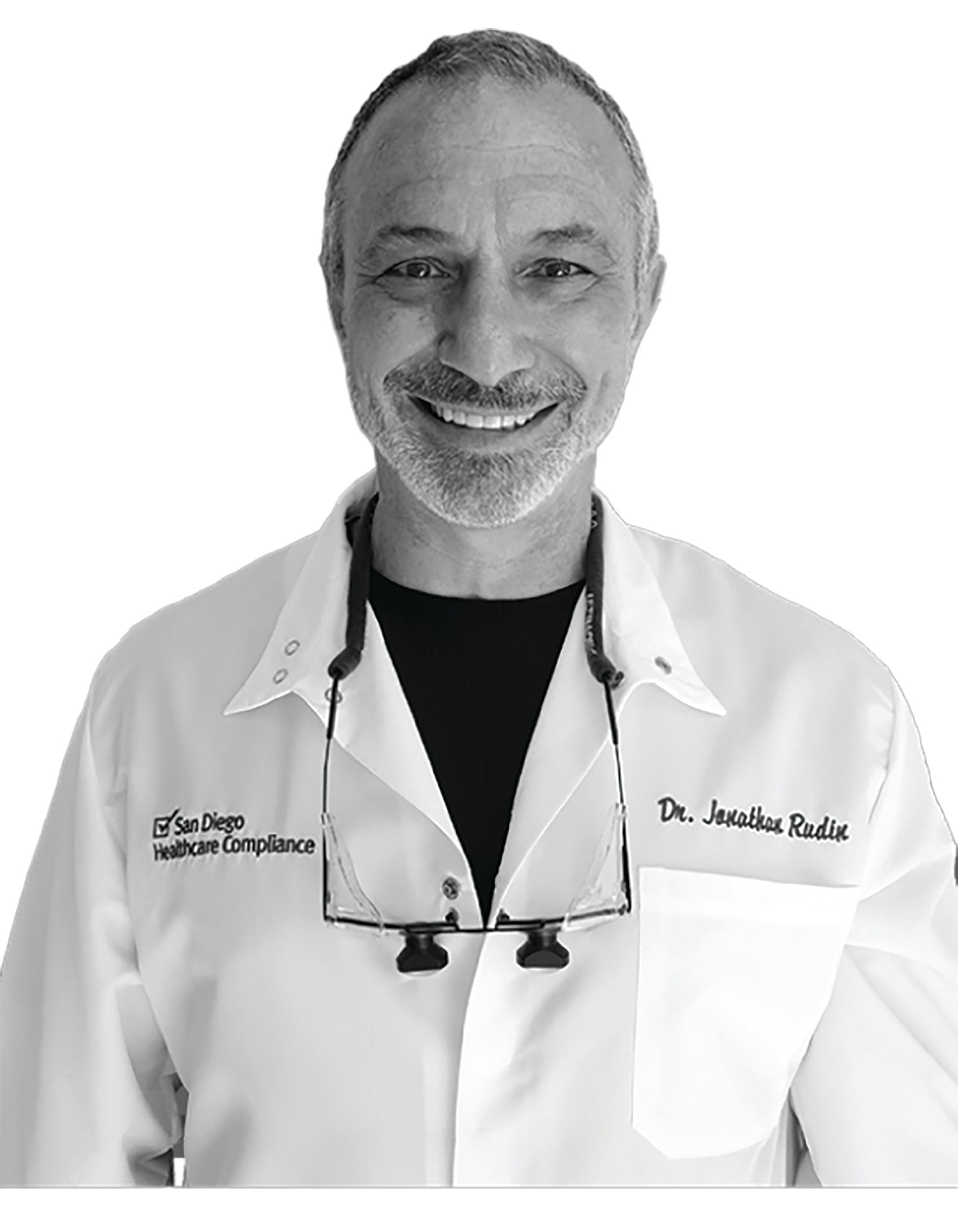
“You’ve examined your patient, right? Now, what are you going to do about it, ‘doctor’!?” My dental school instructor had just put me in the hot seat right in front of my patient.
I gulped and answered, “I’m not sure…initial periodontal therapy, an MOD amalgam on #29, a DO amalgam on #28, maybe a PFM crown on #30?”
Having just started my junior year in dental school, I felt as though I had jumped into the deep end of the “pool of clinical work.” Our training up to that point had been about examining patients and formulating treatment plans. That approach unconsciously dominated my patient interactions until graduation 2 years later.
Fortunately, 2 months after receiving my diploma, I enrolled in a general practice residency (GPR) at the University of Illinois Hospital in Chicago. My esteemed mentor, Dr Charles Greene, introduced me and my fellow residents to a new (for me, at least) systematic method for addressing patient care. This method consists of the following 10 steps:
- Discuss chief complaint
- Review medical history
- Examine clinically
- Examine radiographically
- Order tests and consults as needed
- Formulate and present diagnoses
- Discuss treatment options
- Obtain informed consent
- Provide chosen treatment
- Perform periodic recall and maintenance
In dental school we did, in fact, perform many of the above steps. However, we were not taught this logical system. I found great freedom in performing the first 7 steps (up to and including formulating the diagnosis) without the pressure of ,“What are you going to do about it, ‘doctor’!?”
A diagnosis such as “caries on teeth numbers x, y, and z plus partial edentulism” can map to several treatment options, ranging from no intervention to wall-to-wall carpeting. Each treatment option has its own risks and benefits. All aspects need to be discussed with patients as part of obtaining informed consent.
Consequently, I realized that once I had presented my diagnosis, I could detach completely from the patient’s treatment decision. I could guide patients in their treatment choice, but once I had presented the treatment options, their benefits, and risks, it was up to my patients to decide what they wanted.
Following my GPR I was very curious to know whether somehow I had missed a dental school lecture where this sequence had been taught. I spoke with a classmate. She told me that only after dental school had she learned the same 10-step approach. She assured me that my recollection was correct: At no time during dental school were the elements of this method presented.
Although I am proud of my dental school and the knowledge I gained there, I hope that the training provided currently includes the same or a similar 10-step approach that I learned in my GPR.
Deeper Training in Business and Regulatory Expertise
Lisa Kane, DMD
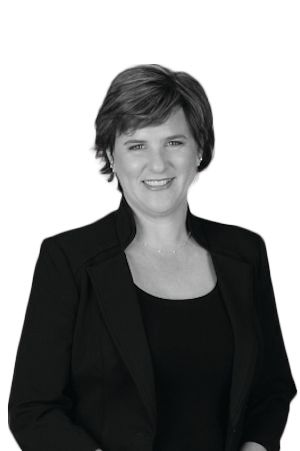
When I’m asked what I wish I had learned when I was in dental school, the first thing that comes to mind is the business of dentistry. I don’t remember learning anything about how to run a business, how to manage people, how to manage patients, how to grasp the whole nonclinical dynamic of it.
The other thing I don’t think I learned about is the laws and the rules. Now I know so much about all the different regulations, but it would have been great to have learned them in school: “Name what state you’re going to practice in, and let’s go through all the laws and regulations of that state.”
Maybe waterline testing wasn’t a big deal back in the Stone Age when I went to school, but I never learned about it. I never learned to think about, much less, test the water.
So as far as thinking about what I wish I had learned, I think it’s definitely a business, so understanding business, how to run a business, finances, and that kind of stuff would have been good. But then, also, there are rules and regulations. It’s not just, “Go out and do what’s best for your patient,” which is obviously what you want to do. It’s a lot of following the guidelines and making sure that you’re doing what you’re supposed to be doing.
A Trio of Lessons and a Lifelong Love of Learning
Jason H. Goodchild, DMD
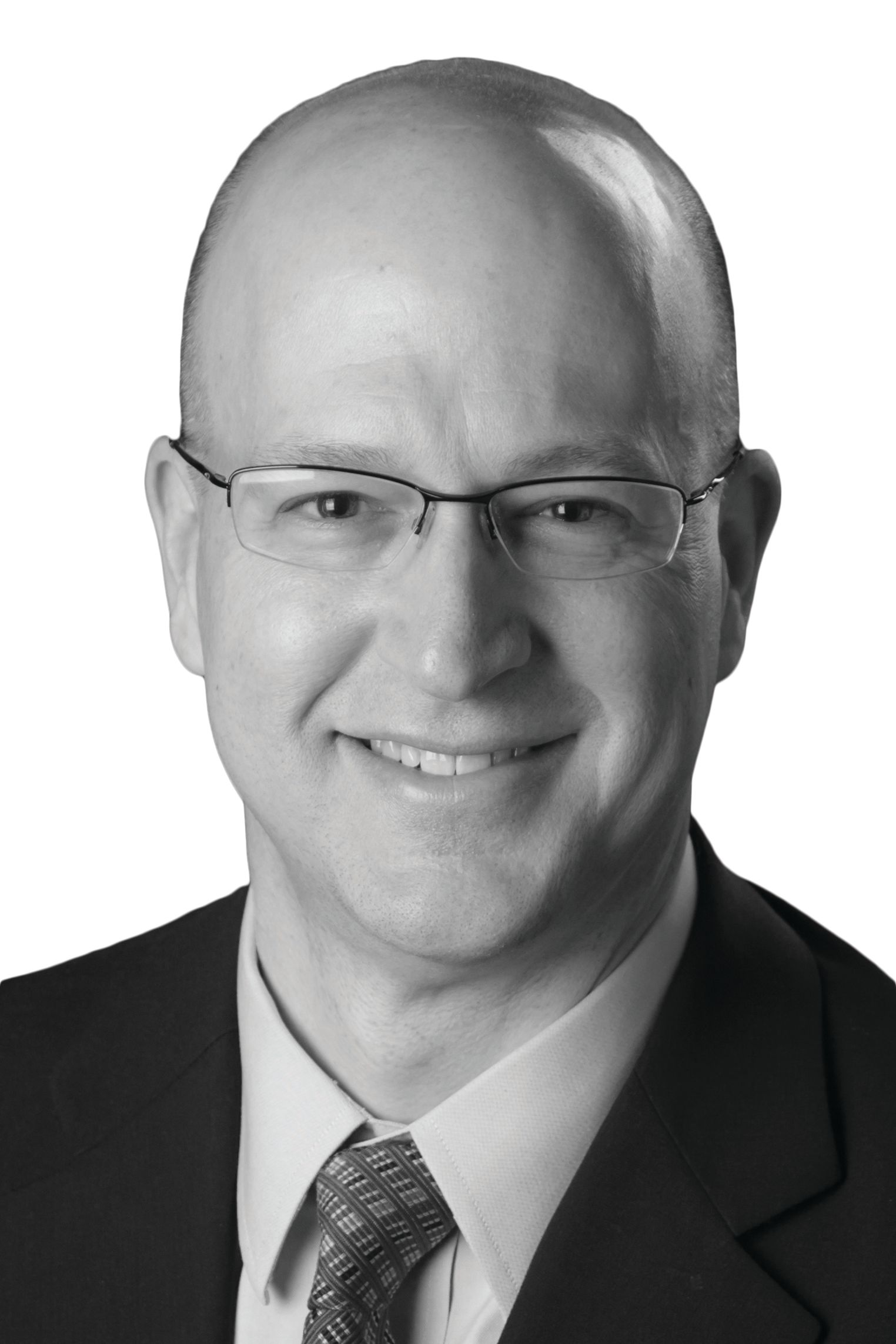
It is not a slight on my dental school or the amazing education I received there to say there are things I wish I had learned while still a student at the University of Pennsylvania School of Dental Medicine. Reflecting on 23 years in the profession, there are actually many things I wish I had learned in dental school: advanced procedures such as implant placement, business skills, how to effectively communicate with patients and improve case presentations, or ergonomics to help my body withstand the physical punishment of clinical dentistry.
But I want to narrow it down to 3 takeaways: one I was fortunate enough to learn in dental school, 1 I was lucky enough to learn early on in my career, and one that I am still learning. Before leaving dental school, I had the opportunity to grasp the importance of good mentors in our profession. Dentistry involves a journey of continued learning, and having a good mentor provides you with a trusted resource for questions, advice, and motivation.
In addition to clinical dentistry, there are so many things to do in our profession, and I am grateful to have learned this early on in my career. From teaching at a dental school, to ideation and new product development, to research and publishing, to participating in continuing education curricula, dental professionals should explore opportunities to grow individually and improve the profession.
Lastly, dentistry is a team sport, and we succeed when the team around us is working toward a common goal. For me and my teams, that goal has always been providing an outstanding patient experience and excellent patient care. I still enjoy learning how to be a better leader, teammate, and mentor.
Communication With Patients and Colleagues Is Key
Jeffrey Lineberry, DDS

Wow! Where do I start? Dental school gave me a lot of solid things to work from, but I quickly learned there is so much more to learn in dentistry than preparing a tooth for a filling or a crown or an extraction. There are a few key things I have learned since I left dental school around 20 years ago:
1. Learning never stops. As much as we learned in dental school, it is only the tip of the iceberg in terms of what we need to know to serve our patients in the very best way we can. This involves being a continual student and means we have to get involved with quality continuing education and find great mentors to help us along the way. You can try and do it yourself, but like so many things in life, gaining knowledge through someone else’s wisdom and experience is priceless.
2.Practice management is essential for your long-term success and happiness. You can be the best technical dentist in the world, but if you don’t have patients to work on or you can’t manage the numbers in your practice, you won’t be successful. And if you can’t manage to build a team that supports your vision and you, then you will be miserable fighting an uphill battle to success and happiness by yourself. Worse yet, you may be surrounded by people who make it more challenging.
3.Patient management and communication are critical. Again, you can be the best technical dentist in the world, but if you can’t communicate effectively with patients, you won’t be doing your best work. Communicating and building relationships with your patients are just as important as technical skills.
4. Laboratory selection. Find a lab that supports the level of care you are seeking. If their best isn’t up to your standards, seek another lab that is willing to provide you with results you are happy with. Your lab is part of your team, and they can help you succeed and grow and be happy. The wrong one can lead to inconsistent results, poor outcomes, and you and the patient being frustrated.
Business Training Would Have Been Nice
Lorne Lavine, DMD

When I think back on my dental school days, it’s mostly a blur. The sheer number of things we had to learn in such a short time was overwhelming: anatomy and physiology, pharmacology, tooth preparation, materials, infection control, the list goes on and on. Back when I graduated (1988), it was almost unheard-of for graduates to start their own practice. Many dental students had crippling student loan debt and it was a very competitive time for dental practices, leading the majority of graduates to start their careers as associates at an existing practice.
I went straight from dental school to a GPR and then right into a perio program, so the thought of associating with another practice just had no appeal. After 11-plus years of higher education, the thought of paying someone 40%, 50%, or more of my income wasn’t something I wanted to do, so I decided to build my own practice. This is when I realized there was 1 area for which dental school had not prepared me: I literally had no clue how to run a practice!
As any practicing dentist knows, having clinical skills is important as a base, but it has really very little to do with your success. That will, in large part, be related to hiring and training your staff, marketing the practice, learning how to maximize dental insurance, ordering and managing supplies, reducing overhead, and the 1000 other things that go into running a dental business.
When I look back, I think we had 1 total day of practice management in dental school. I might have had 2 days of it in my perio program, but whatever it was, I was woefully unprepared for the realities of starting and managing a dental practice. I really wish I had been offered multiple courses on the nuts and bolts of how to actually run a business alongside the classes of how to cut a Class II preparation. It would have made my first 2 years in practice much more enjoyable.
Clinical Best Practices and Techniques I’d Have Liked to have learned
Nathaniel Lawson, DMD, PhD

The list of information I wish I had known in dental school is endless. Regarding operative dentistry, I wish I had:
- Not been afraid of the rubber dam. It is not only a tool for achieving isolation from oral fluids, but also for retracting tissue. I cringe at the thought of my adhesive restorations that were placed without a rubber dam or even the assistance of a dental assistant.
- Understood the concept of selective caries removal—removing caries at the periphery of the preparation and only leaving caries on the pulpal floor to avoid pulp exposure.
- Known about intraoral air abrasion. This 15-second step of a restorative procedure can clean my preparation to allow better visualization of the remaining stain, caries, or cracks, or smooth my preparation prior to bonding.
- Been taught to prepare direct restorations with diamond burs. This process is much faster and creates smooth margins.
- Learned how to use finishing discs earlier. These discs are great for forming the contours of posterior and anterior composites.
- Learned how to use a laser to remove soft tissue around deep direct and indirect restorations.
- Started using a flowable composite in the base of my preparations.
- Learned how to prepare onlays and overlays.
Other things I wish I had known about include selective etching, resin-based provisional cements, sectional matrices and rings, and contact pastes.
Looking for Leadership and Collaboration Opportunities
Lydia Sosenko, DDS
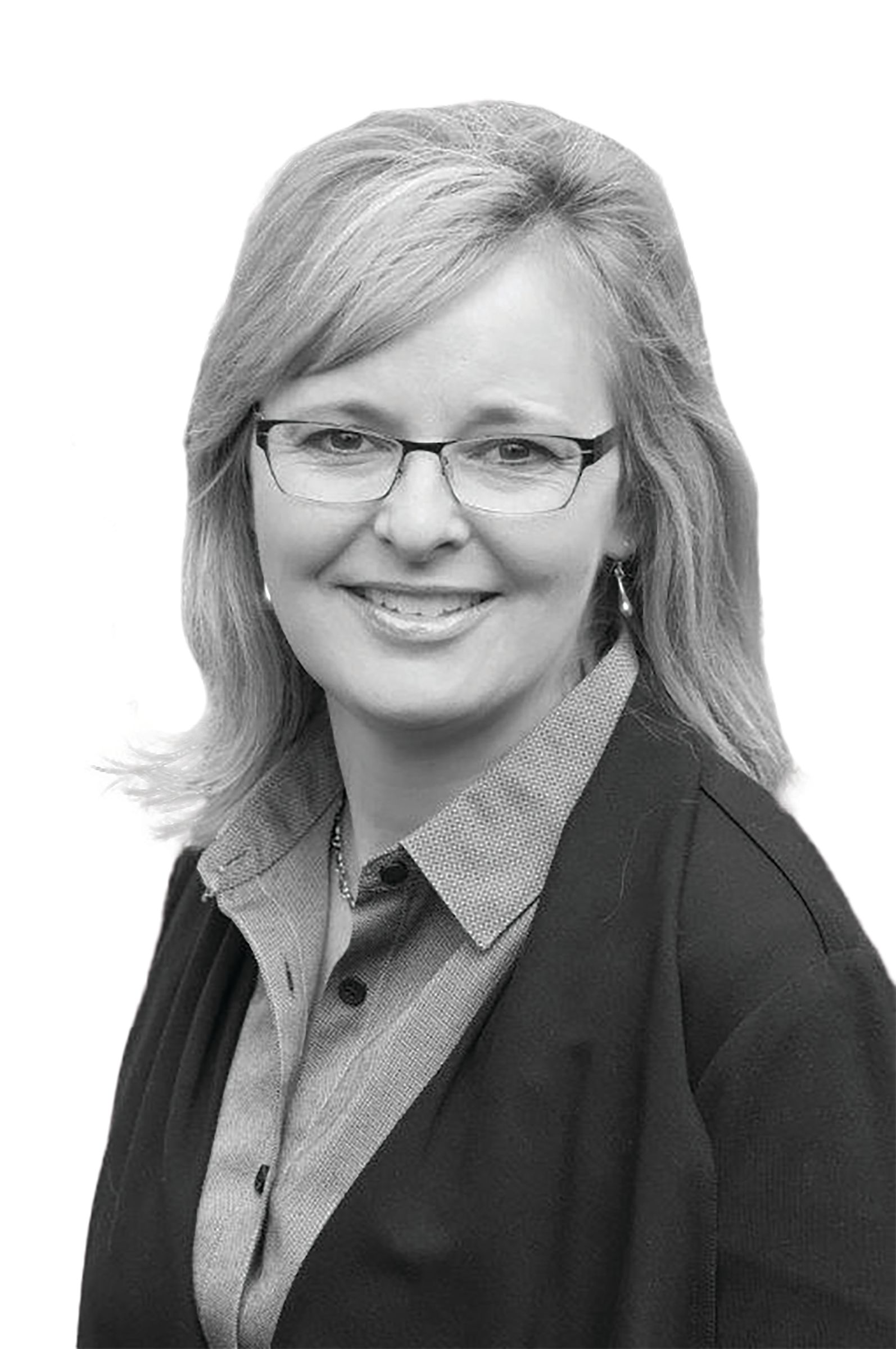
During those school years it’s hard to imagine squeezing in more, but it would have been nice to have learned:
- The knowledge of business development and leadership books as in the E-myth Revisited and the John Maxwell series.
- It would have been nice to have learned the benefits of collaborating with colleagues early on. I wish I’d known how to form a free mastermind group of noncompeting dentists immediately after graduating. Dentistry can be such an isolating field. These groups can be a powerful way to accelerate business (and life) success through group problem solving and accomplishment sharing while stomping out that isolation.
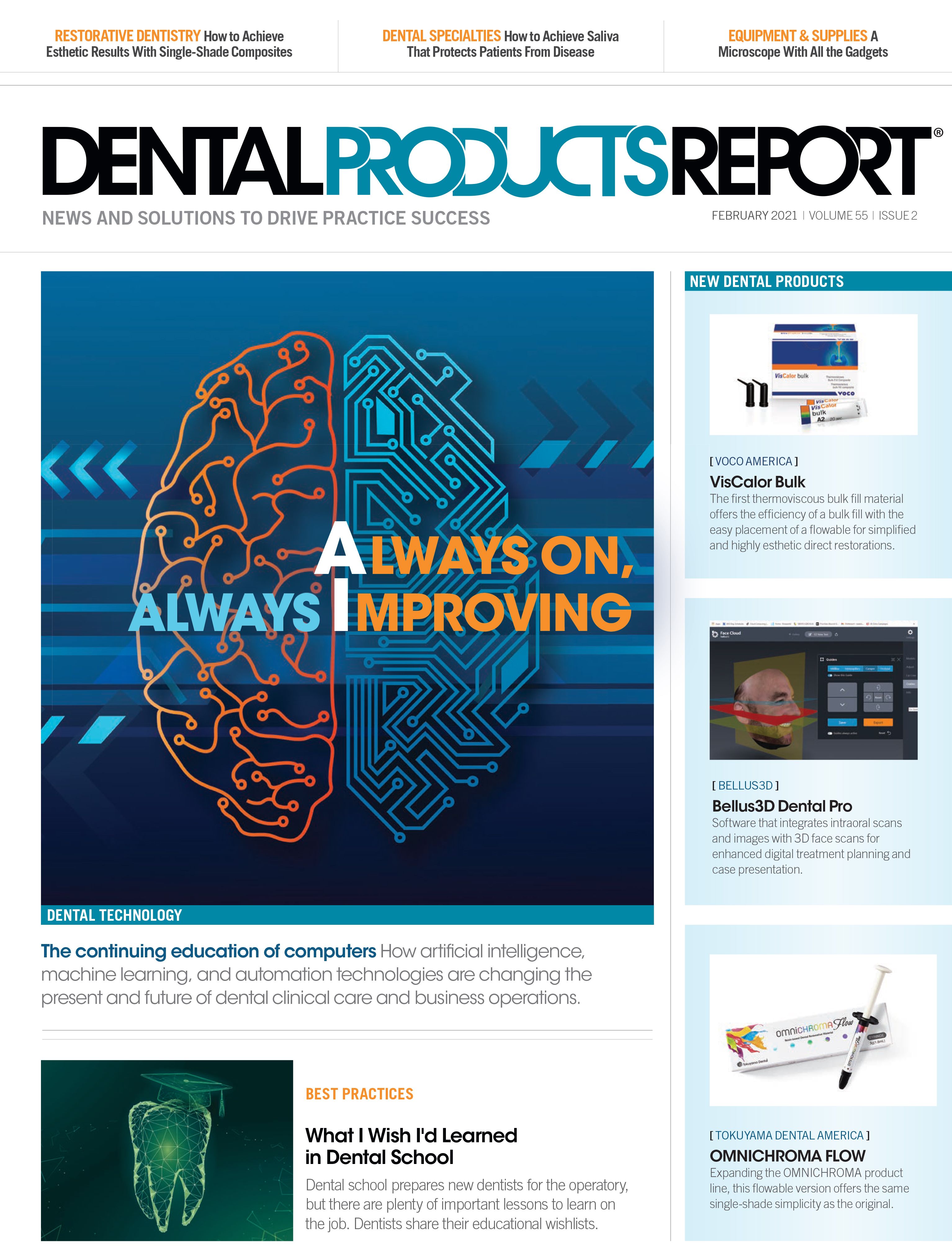
ACTIVA BioACTIVE Bulk Flow Marks Pulpdent’s First Major Product Release in 4 Years
December 12th 2024Next-generation bulk-fill dental restorative raises the standard of care for bulk-fill procedures by providing natural remineralization support, while also overcoming current bulk-fill limitations.